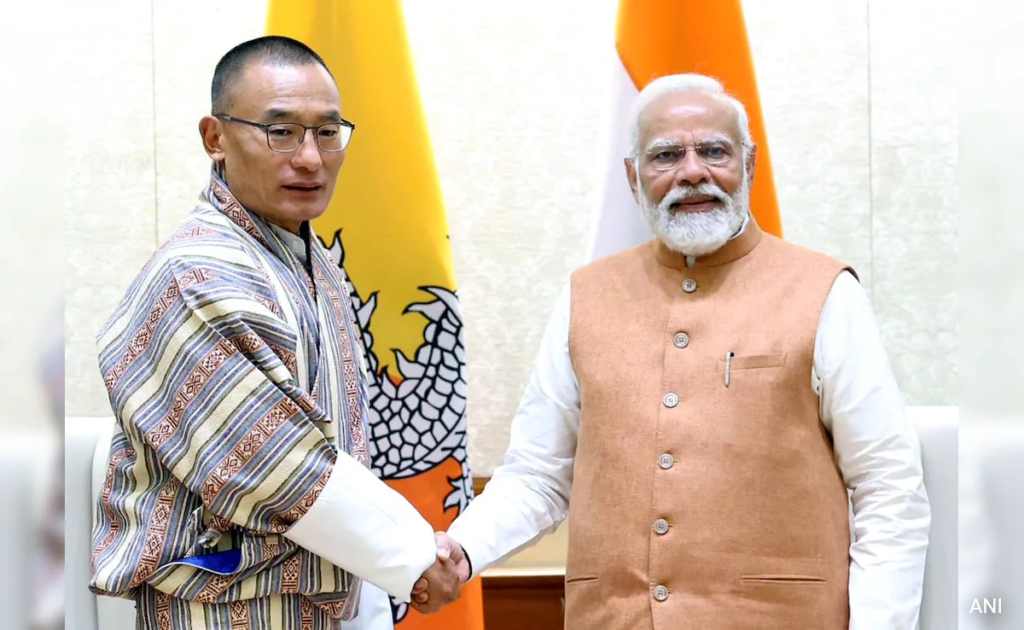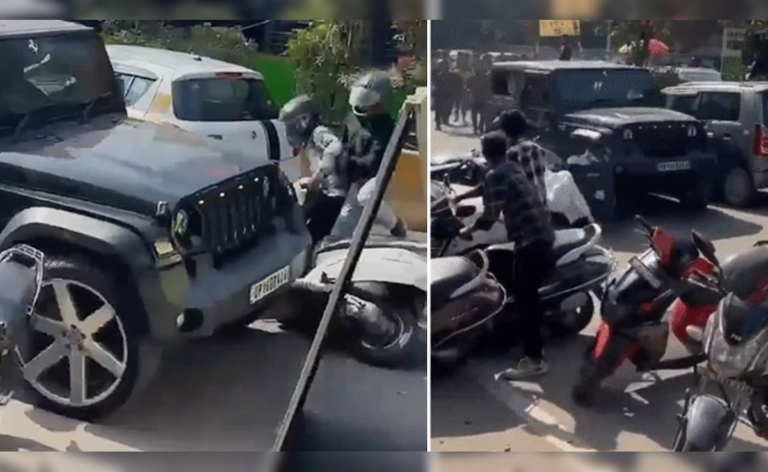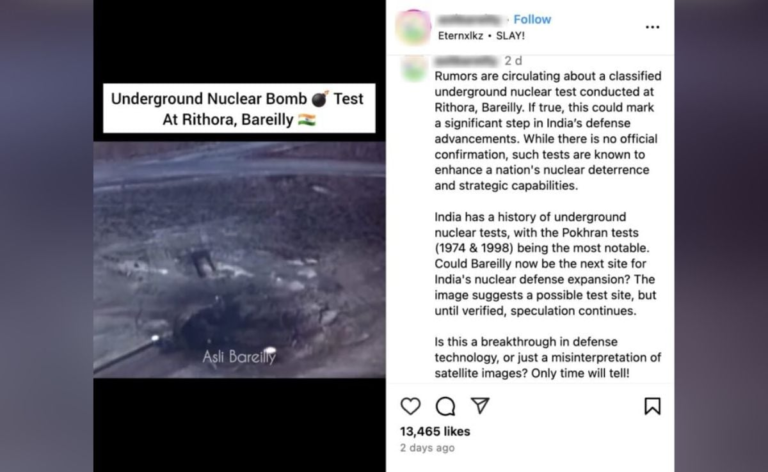
Bhutan PM Tshering Tobgay is on a 5-day visit to India
Prime Minister Narendra Modi on Thursday held extensive talks with his Bhutanese counterpart Tshering Tobgay focusing on ways to further strengthen the ties between the two countries.
The talks took place hours after Mr Tobgay began a five-day visit to India, his first foreign trip after assuming the charge of the top office in January.
Mr Tobgay was received at the airport in the national capital by Union minister Ashwini Kumar Choubey.
“The visit of @PMBhutan is in keeping with the exemplary ties of friendship between India & Bhutan,” external affairs ministry spokesperson Randhir Jaiswal said on ‘X’.
The Union Cabinet on Wednesday approved the signing of a Memorandum of Understanding (MoU) between India and Bhutan on extending cooperation in the field of energy efficiency.
The Cabinet also cleared the signing of an agreement between Bhutan Food and Drug Authority (BFDA) and the Food Safety and Standards Authority of India (FSSAI) for cooperation in the area of food safety.
In a statement, the Ministry of External Affairs (MEA) on Wednesday said Mr Tobgay’s visit will provide an opportunity to the two sides to review the progress in the “unique partnership” and to discuss ways to expand the “enduring” ties of friendship and cooperation between India and Bhutan.
Mr Tobgay’s visit to India came against the backdrop of China and Bhutan looking at an expeditious resolution of their festering boundary row that could have implications for India’s security interests.
Around five months back, Bhutan’s then Foreign Minister Tandi Dorji held talks with his Chinese counterpart Wang Yi in Beijing.
A Chinese readout on the talks said Bhutan firmly abides by the one-China principle and stands ready to work with China for an early settlement of the boundary issue and advance the political process of establishing diplomatic relations.
New Delhi has been keeping a close eye on the negotiations between Bhutan and China on their boundary row as it could have implications for New Delhi’s security interests, especially in the Doklam tri-junction.
In August last year, China and Bhutan agreed to expedite and take simultaneous steps to implement a “three-step roadmap to resolve their festering boundary dispute.
In October 2021, Bhutan and China signed an agreement on the “three-step roadmap” to expedite negotiations to resolve their boundary dispute.
The signing of the pact came four years after the Indian and Chinese armies were locked in a 73-day stand-off at the Doklam tri-junction after China tried to extend a road in the area that Bhutan claimed belonged to it.
The India-China stand-off in the Doklam plateau in 2017 even triggered fears of larger conflict between the two neighbours. Bhutan had said the area belonged to it and India supported the Bhutanese claim.
(Except for the headline, this story has not been edited by NDTV staff and is published from a syndicated feed.)





1 thought on “PM Modi Holds Talks With Bhutanese Counterpart On Ways To Strengthen Ties”
Comments are closed.